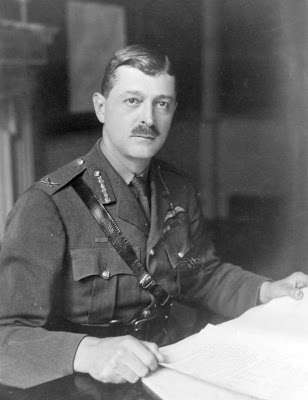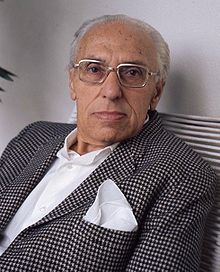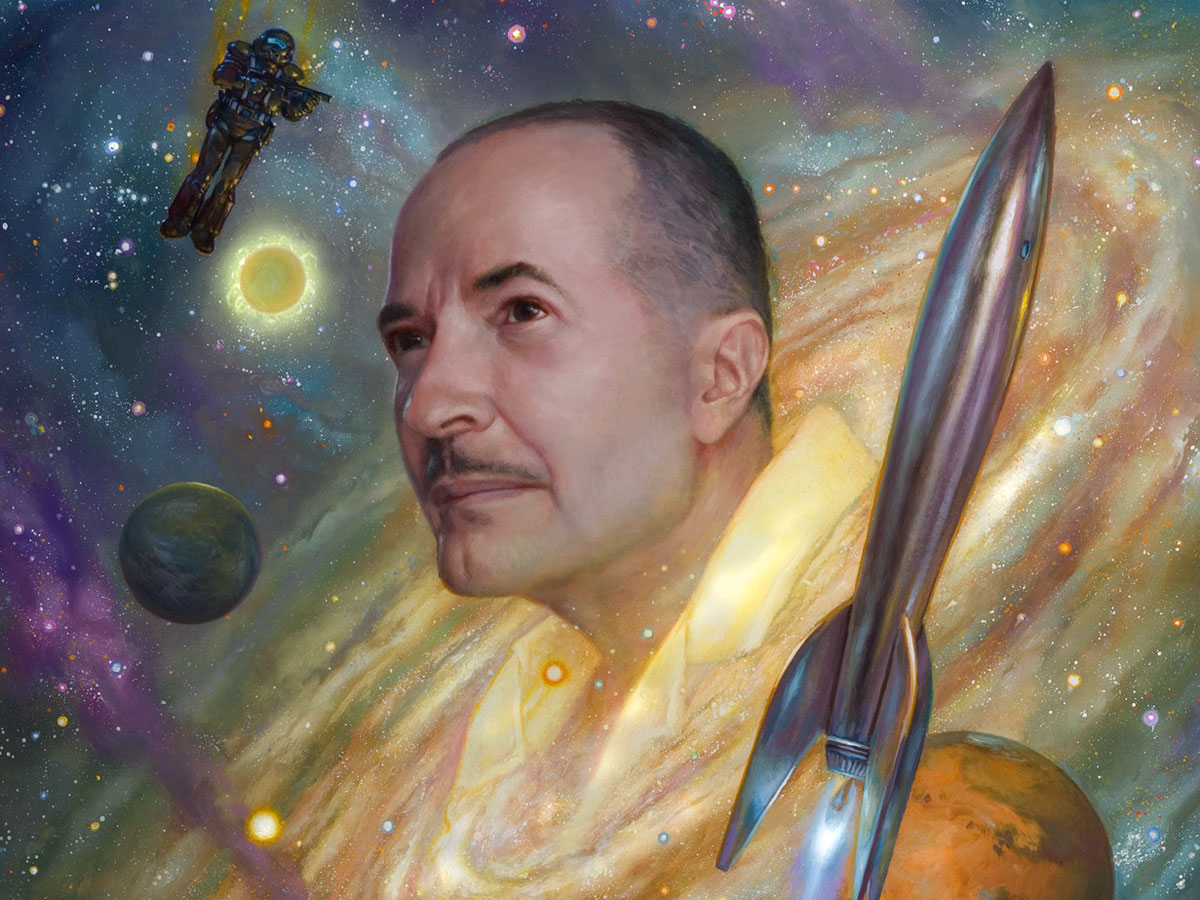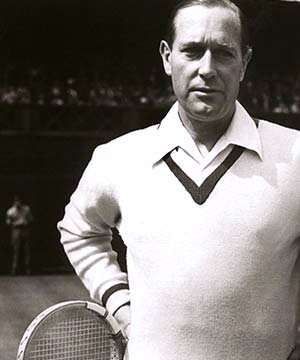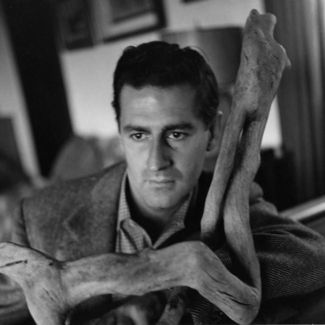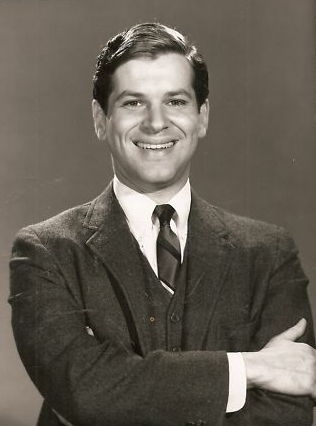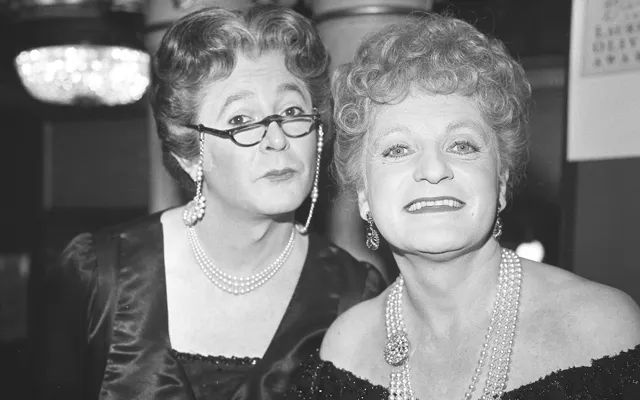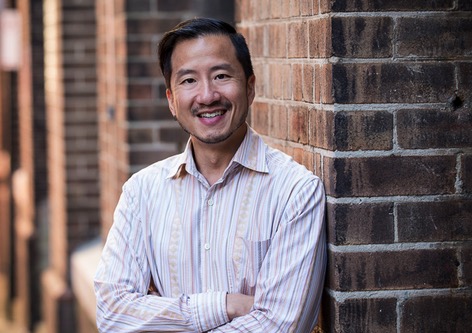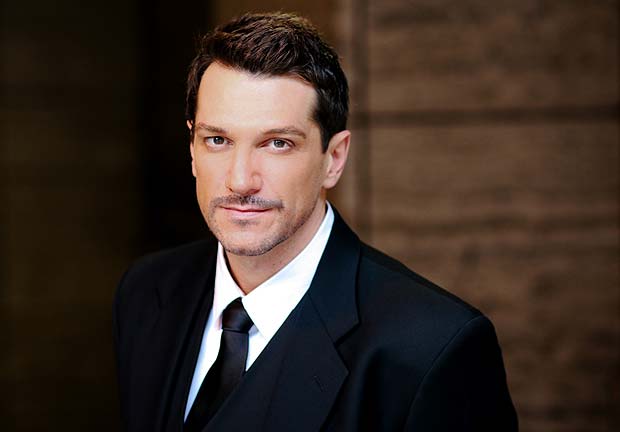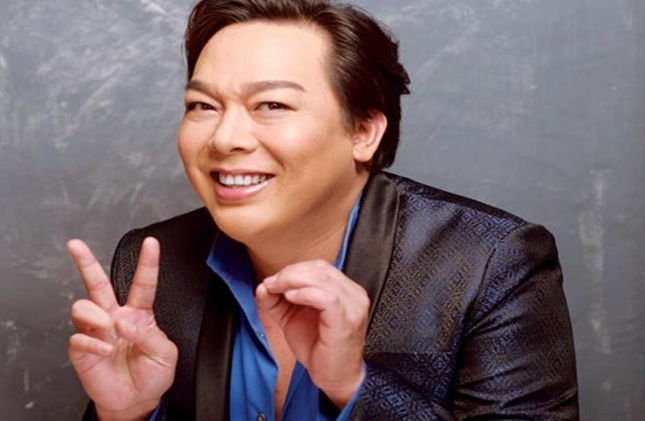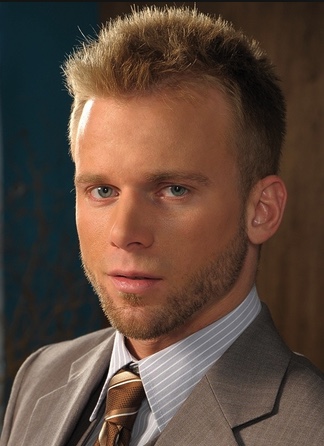|
presents THIS DAY IN GAY HISTORY based on: The White Crane Institute's 'Gay Wisdom', Gay Birthdays, Gay For Today, Famous GLBT, glbt-Gay Encylopedia, Today in Gay History, Wikipedia, and more …
Collected by Ted July 7 [{(o)}]|[{(o)}]|[{(o)}]|[{(o)}]| [{(o)}]|[{(o)}]
1879 – Air Commodore Lionel Charlton CB, CMG, DSO, RAF (d.1958) was a British infantry officer who served in the Second Boer War. During World War I, Charlton held several command and staff posts in the Royal Flying Corps, finishing the war as a brigadier-general. Transferring to the Royal Air Force on its creation, Charlton served in several air officer posts until his retirement from the air force in 1928. Most notably, Charlton resigned his position as the RAF's Chief Staff Officer in Iraq as he objected to the bombing of Iraqi villages. On 2 February 1923, Air Commodore Charlton took up the post of Chief Staff Officer at the headquarters of the RAF's Iraq Command. It was at this time that the RAF employed the bombing of Iraqi villages with the intent of pacifying tribal opposition. Charlton opposed this policy and he went on to openly criticize such bombing action. Within a year of his arrival, Charlton resigned from his post in Iraq. His opposition to the bombing policy is said to have started with a visit to the local hospital in Diwaniya, where he witnessed horribly mangled civilians, including women and children, who were among the victims of a British air raid. In retirement, he became a successful author of adventure fiction for boys, such as "The Camp at Auld-Man-Shiel". These were adventure novels for adolescents, featuring athletic boys who loved aviation. At this time he also wrote "Charlton an autobiography", published by Penguin Books no 163 (1938); this work was rather candid, and was written in the third person singular. Charlton's longtime lover was an ex-RAF airman named Tom Wichelo. The couple remained together for 23 years, until Charlton's death in 1958. When Charlton and Wichelo "pitched camp" in Dover in the late 1930s, much of literary London followed them. The main attraction seems to have been the easy availability of soldiers and sailors on leave in the coastal town. W.H. Auden pictured the scene in his poem "Dover":
Soldiers crowd into the pubs in their pretty clothes, As pink and silly as girls from a high-class academy. Prominent homosexual personalities like Raymond Mortimer, Duncan Grant, and actors like John Gielgud revolved around Charlton. They met in London at Gennaro's, in New Compton Street, which was famous for the astonishingly handsome waiters selected by the owner during repeated visits to Italy.
1899 – Born: George Cukor (d.1983), the preeminent "woman's director" and gay auteur of Hollywood's classical era, was born in New York. Cukor evinced an early interest in the theater, becoming a stage manager for a stock company and, then, on Broadway while still in his teens (1919-1924). From there he graduated to being a stage director of some renown, working with top female stars of the period, including Jeanne Eagels and Ethel Barrymore, from 1925 to 1929. In 1929, Cukor was part of the wave of Broadway talent that migrated to Hollywood, where he worked as a dialogue coach on other people's films before co-directing one of his own, Grumpy, in 1930. Following two more codirecting efforts (with Cukor working with the actors and dialogue and more experienced directors handling the action), he made his first film, Tarnished Lady (1931), with Tallulah Bankhead. By 1933, with Dinner at Eight and Little Women, he was firmly established as a major talent. Throughout his long career, he worked on prestige, often stage-derived productions with the most important stars of the day. Cukor was responsible for many of the most popular and critically praised films of Hollywood's golden age, including Camille (1935), The Women (1939), The Philadelphia Story (1940), Born Yesterday (1950), A Star Is Born (1954), and My Fair Lady (1964). 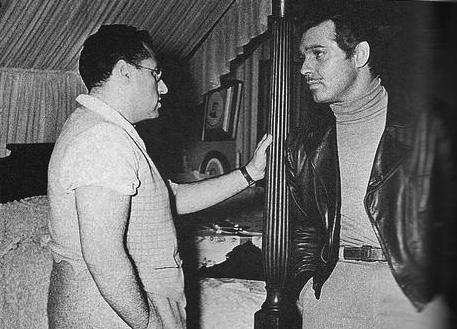 Cukor with Clark Gable So skilled was he with actors, but particularly female stars, that he became typed as a "woman's director," a provocative phrase that also spoke obliquely of Cukor's homosexuality. Many female stars adored Cukor, whom they eagerly sought to work with and counted as a friend. However, the director's reputation as a "woman's director" (and homosexual) may have gotten him kicked off the set of Gone with the Wind (1939), when star Clark Gable allegedly said, "I won't be directed by a fairy." (Another version of this story has Gable's refusal to work with Cukor motivated by his belief that the director knew of the actor's own earlier same-sex escapades.) Typical of the loyalty Cukor could generate, however, Vivien Leigh continued to be coached by him despite the objections of Gable and Victor Fleming, who replaced him as director. Cukor always denied the "charge" of being a "woman's director." He correctly pointed out that in spite of his legendary collaborations with such talents as Joan Crawford, Jean Harlow, Katharine Hepburn, Judy Garland, and Judy Holliday, more men than women had won Oscars for their work in his films. It was an open secret in Hollywood that Cukor was homosexual, although he was discreet about his sexual orientation, but at least once, in the midst of his reign at MGM, he was arrested on vice charges, but studio executives managed to get the charges dropped and all records of it expunged, and the incident never was publicized by the press. In the late 1950s, Cukor became involved with a considerably younger man named George Towers. He financed his education at the Los Angeles State College of Applied Arts and Sciences and the University of Southern California, from which Towers graduated with a law degree in 1967. That fall Towers married and his relationship with Cukor evolved into one of father and son, but for the remainder of Cukor's life the two remained very close. Cukor's private life was well known within the limits of Hollywood. His Sunday afternoon pool parties are legendary in queer circles, having been described at lurid length in recent Cukor biographies and published remarks by some of the attendees, such as novelist John Rechy. He was a celebrated bon vivant whose luxurious home was the site of these weekly Sunday afternoon parties attended by closeted celebrities and the attractive young men they met in bars and gyms and brought with them. These events were studies in egalitarianism, with Cukor and his sophisticated friends socializing with their boyfriends, who were often hustlers, rough trade, would-be actors, or ambitious artists and writers who saw these parties as entries into the high life. Cukor's personal reputation has suffered somewhat from these accounts, with Rechy (quoted in David Ehrenstein's Open Secret), for example, portraying the "gentleman director" as a catty, sometimes cruel queen who was as gifted at separating his private and public personas as he was at making films. By the mid-1930s, Cukor was not only established as a prominent director but, socially, as the unofficial head of Hollywood's gay subculture. His home, redecorated in 1935 by actor-turned interior designer William Haines with gardens designed by Florence Yoch & Lucile Council, was the scene of many gatherings for the industry's homosexuals. The close-knit group included Haines and his partner Jimmie Shields, Alan Ladd, writer Somerset Maugham, director James Vincent, screenwriter Rowland Leigh, costume designers Orry-Kelly and Robert Le Maire, and actors John Darrow, Anderson Lawler, Grady Sutton, Robert Seiter and Tom Douglas. Frank Horn, secretary to Cary Grant, was also a frequent guest. Not surprising for a semi-closeted gay artist in Hollywood, one of Cukor's constant themes was how to reconcile a schizoid existence, particularly that of an outsider or artist figure constantly at war with his or her own demons and the limits imposed by relationships and humdrum reality. Cukor died on January 24, 1983, two years after his last film, Rich and Famous. This film, which revisits Cukor's theme of the artistic temperament at odds with society and itself, was an update of the Bette Davis-Miriam Hopkins vehicle Old Acquaintance (1943). As such, it is a suitable coda for the career of one of America's great gay artists in or out of cinema.
1907 – Robert Heinlein, American science fiction author, aeronautical engineer, and naval officer (d. 1988) was one of “the Big Three” in science or imaginative fiction (Isaac Asimov and Arthur C. Clarke being the other two). Heinlein was often called “the dean of science fiction writers.” While not Gay himself, for Robert Heinlein, personal liberation included sexual liberation, and free love as a major subject of his writing starting from the 1939 For Us, The Living. Beyond This Horizon (1942) cleverly subverts traditional gender roles in a scene in which the protagonist demonstrates his archaic gunpowder gun for his friend and discusses how useful it would be in dueling — after which the discussion turns to the shade of his nail polish. All You Zombies (1959) is the story of a person who undergoes sex reassignment therapy, goes back in time, has sex with herself, and gives birth to herself. Sexual freedom and the elimination of sexual jealousy are a major theme of Stranger in a Strange Land (1961) Its treatment of homosexuality is ambiguous. Two negative references to homosexuality have been interpreted by some as being homophobic. They are in reference to one of the characters. It is therefore unclear if they reflect Heinlein's own point of view. In The Moon is A Harsh Mistress, homosexuality is ill-regarded, but accepted as necessary, in an overwhelmingly male society, by the book's point-of-view character. In contrast, homosexuality is regarded with approval — even gusto — in books such as 1970s I Will Fear No Evil, which posits the social recognition of six innate genders, consisting of all possible combinations of male and female, with straight, Gay, and bisexual. In The Number of the Beast, a male character discusses unsuccessful homosexual experimentation as a teenager, eventually stating that, while his previous experimentation had failed, if his friend and son-in-law Zeb Carter was to display a sexual interest in him, he would do his best to enjoy the experience and make Zeb feel as if he had desired it all along. In later books, Heinlein dealt with incest and the sexual nature of children. In Time Enough For Love, Lazarus Long uses genetic arguments to initially dissuade a brother and sister he has adopted from sexual experimentation with each other, but he later arranges for them to be married, having discovered that they (in an extremely rare but scientifically possible circumstance) are not brother and sister on a genetic level; he also consummates his strong sexual attraction to his own mother, whom he goes back in time to see again. In some of Heinlein's books, To Sail Beyond the Sunset, for instance, sexual urges between daughters and fathers are exemplified and briefly discussed on several occasions. Later in the same book, the protagonist/narrator (Maureen Johnson) discovers that her two youngest children are engaged in heterosexual incest. After failing to dissuade them from the relationship, she forcibly returns the two to their father, and never mentions them again. The protagonist of The Cat Who Walks Through Walls recalls a homosexual experience with a Boy Scout leader, which he didn't find unpleasant. In Heinlein's treatment of the possibility of sex between adults and adolescents, some readers may feel that he dodges many of the valid reasons for the taboo by portraying the sexual attractions or actual sex as taking place only between Nietzschean supermen, who are so enlightened that they can avoid all the ethical and emotional pitfalls. Also, the individuals involved in almost all cases are fully mature (if not "over mature", as in centuries-old), with stable personalities. The question of incest at this point, in Heinlein's characterizations, is more one of genetic compatibility and progeny issues than morality.
1909 – One of the greatest tennis players in history, Baron Gottfried Von Cramm, was born today (d.1976). Never heard of the German tennis champion? Well his life is so unbelievable that it would make a great movie. Aside for his being known for his gentlemanly conduct and fair play, he was one of the most winning players. In 1932 he won the Davis Cup for Germany on his first attempt; the following year he won the mixed doubles title at Wimbeldon with Hilde Krahwinkel. Two years later he earned his first individual Grand Slam title, winning the French Open. Gottfried von Cramm is most remembered for his match against Don Budge during the 1937 Davis Cup. Considered one of the greatest matches in tennis history, von Cramm and Budge played in Wimbeldon's center court to a crowd of 14,000 people mesmerized by these two champion players. Alistair Cooke, who covered the match as a radio journalist, wrote that the two players "set the rhythms of something that looked more like ballet than a game where you hit a ball. ... People stopped asking other people to sit down. The umpire gave up stopping the game to beg for silence during rallies." They played on into twilight. He was ahead 4-1 in the final set, when Budge launched a comeback, eventually winning 8-6. The match ended with a passing shot whose landing was never seen by Budge, who fell to the ground as soon as the ball was hit. When it was over, the British crowd, in Cooke's words "forgot its nature. ... It stood on benches" and emitted a "deep kind of roar." Later the captain of the U.S. team was quoted as saying, "No man, living or dead, could have beaten either man that day." [For more on the match and on von Cramm and his coach, American tennis legend, Bill Tilden, check out the recent book "A Terrible Splendor: Three Extraordinary Men . . . and the Greatest Tennis Match Ever" by Marshall Jon Fisher] In an interview after the match, Budge told a reporter that von Cramm had received a phone call from Hitler minutes before the match started and came out pale and serious and had played each point as though his life depended on winning. Budge was more right than he knew. von Cramm in fact once confessed to Bill Tilden (himself closeted), that he was "playing for my life." Less than a year after the match, the Nazis would move against him. But why? His winning ways made him a hero in his native Germany. Certainly the handsome, blond athlete fit the "Aryan-race" image of the Nazis. But von Cramm refused to join the party. He detested them. It figures, as von Cramm was madly in love with the Galician Jewish actor and singer Manasse Herbst. In 1938 he was found guilty of having a "homosexual relationship" with Herbst. Von Cramm admitted that the relationship, which lasted from 1931 until 1934, began shortly before he married his first wife. He was additionally charged with sending money to Herbst, who moved to Palestine in 1936. He was found guilty and sentenced to a year in prison. His international tennis friends were outraged, and Don Budge collected the signatures of high-profile athletes and sent a protest letter to Hitler. Von Cramm was released after 6 month of imprisonment because of his "good behaviour." Later von Cramm was sent to the Russian front, at the time, practically a death sentence. He survived. After the war he returned to tennis, settled down with a Woolworth heiress (later divorcing) and went into the cotton exporting business. He died in Egypt in 1976 when the car he was riding in collided with a truck. He was inducted into the International Tennis Hall of Fame in Newport, Rhode Island in 1977.
1911 – One of the leading classical composers of the twentieth century, Gian Carlo Menotti (d.2007) not only had a distinguished career, but also achieved acclaim at a time when his uncloseted homosexuality could have been a major barrier. Amazingly prolific and indefatigable, even in his nineties he continued to be a vital presence in the world of classical music. Menotti was born in Cadegliano, Italy on July 7, 1911. Although his family was not especially musical, they recognized their son's prodigious talent. Under the guidance of his mother, Menotti began to compose as a child. He wrote his first opera at the age of 11. He began his formal study of music at the Verdi Conservatory in Milan in 1923, but after the death of his father, he and his mother traveled to the United States, where he entered the Curtis Institute of Music in Philadelphia. Menotti quickly adjusted to American culture and soon mastered the English language. Although he retained his Italian citizenship and eventually acquired residences in Italy and Scotland, he spent most of his professional career in the United States and wrote most of the libretti to his operas in English. Among his fellow students at Curtis were composers Leonard Bernstein and Samuel Barber. Barber (1910-1981), with whom he was to share a relationship that endured more than thirty years, soon became his life-partner, though Menotti later also had a long personal and professional relationship with the conductor Thomas Schippers. Menotti wrote the libretto for Barber's most famous opera, Vanessa (1964). 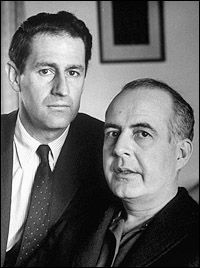 Gian Carlo Menotti (L) with Samuel Barber Menotti wrote a series of operas that were staged very successfully on Broadway. The Medium (1945), The Telephone (1946), The Consul (1949), and The Saint of Bleecker Street (1954) established his reputation as the most popular opera composer in America. He received New York Drama Critics Circle awards and Pulitzer Prizes for The Consul and The Saint of Bleecker Street. One of Menotti's greatest triumphs was The Festival of Two Worlds, which he established in Spoleto, Italy in 1958. The festival, which is devoted to celebrating and encouraging the cultural collaboration of Europe and America, became one of the most successful ventures of its kind. In 1977, the Festival literally became "of two worlds" when Menotti founded Spoleto USA in Charleston, South Carolina. He led the Charleston festival until 1993, when he withdrew to become Director of the Rome Opera. Before gay liberation and before gay people could be completely candid about their liaisons, Menotti and Barber proved that gay men could have relationships that did not have to be closeted, though the term "homosexuality" was never mentioned in public. During the period of McCarthyism and its homophobic persecution of queers in America, Menotti made a significant contribution to the cause of human liberation through his vivid example as an accomplished artist who was also an uncloseted homosexual.
1933 – Dick Kallman was an American actor was born into wealth in Brooklyn (d. 1980). His father, Alvan Kallman, a former barnstorming pilot, was owner of the Savoy-Plaza Hotel in New York City, The Balsams Grand Resort Hotel in New Hampshire, and the St. Johns Hotel in Havana. Kallman's mother, Zara Whitman Kallman, had been a Broadway actress. After working on the New York stage where he won a Theater World Award for his performance in the 1951 Broadway musical Seventeen, Kallman starred in the title role of the 1965–1966 television sitcom Hank. He returned to Broadway, taking over the leading role in the musical Half a Sixpence. As a singer, he released several albums of pop standards, including Hits & the Misses and Speak Softly. He performed one of his songs on an episode of Hullabaloo. Kallman played non-recurring roles in TV series such as The Jack Benny Show, Bachelor Father and Medical Center. He also acted in episodes 110 and 111 of Batman, playing Little Louie Groovy, a takeoff on record producer Phil Spector. Groovy is a victim of a robbery at his apartment by the team of Catwoman and The Joker. Kallman had from youth exhibited an appreciation of fine antique furnishings and an acumen for business. Kallman formed a music publishing company in 1966. By the late 1970s, he had retired from show business and was a wealthy antiques and art dealer and living with Stephen Szladek, his life partner, in a Manhattan apartment. Kallman and Szladek were murdered by three intruders in 1980 during a robbery of the art, antiques and jewelry in their apartment. The killers later were caught and convicted. A fictionalized account of Kallman’s life, Up With the Sun by Thomas Mallon, was published in Feb., 2023.
1944 – George Logan (d.2023) was one half of the comedy drag act Hinge and Bracket, who shot to fame on British television and radio in the 1970s and 1980s. The tall, thin Logan, a former computer programmer, played Dr Evadne Mona Hinge, while his comedy partner, Patrick Fyffe, was Dame Hilda Nemone Bracket, daughter of Sir Osbert Bracket, who had left her the family estate at Stackton Tressel, Suffolk. George Logan was born in Rutherglen, a small coal-mining town in South Lanarkshire, into a musical and theatrical family. As he recalled in an interview with Gay News in 2016, even as a young child, "I knew I was an alien... I just wasn't sure what planet I belonged to... As I got older, I read a bit and I haunted the library, but The Trials of Oscar Wilde and Peter Wildeblood's Against the Law weren't encouraging of leading a gay lifestyle. At 14 and 15, this was a source of great concern for me." Logan was educated at Rutherglen Academy and Glasgow University, also studying piano at the Royal Scottish Academy of Music. His concern about his sexuality evaporated after he discovered the gay scene in Glasgow as a student in the early 1960s – even though homosexuality remained illegal in Scotland until 1980. When he was 19 Logan and the man he was living with at the time were charged with minor theft and fined £10. "When my father bailed us out, the copper said to him, 'We're a little concerned about the relationship between your son, who's 19, and this man, who's 28, because we realised they share a bedsit and they also share a bed', " he recalled. "My father said, 'Well that's the way it is...' They continued, 'Not that we pursue people in such a situation, but your son is actually under age...' Whatever that means, in those days you were illegal at any age. There was just no sense to it all. I decided that if we couldn't do it in Glasgow, we'd head off and do it somewhere else." In London, Logan worked as a computer programmer, and after moving to a flat in Notting Hill he landed an evening job playing the piano in a Marylebone gay pub. In 1970 he met Patrick Fyffe, who had established himself on the gay club scene as a glamorous soprano named Perri St Claire. One night, while Fyffe was performing his drag act at the Escort Club in Pimlico he discovered that Logan had taken over from the original pianist. They hit it off and began working on a comedy act featuring Fyffe as a retired opera singer who still thinks she can sing, with Logan as her male accompanist. The idea developed into Hinge and Bracket, and gradually the act, originally written for a predominantly gay audience, became less risqué, the double entendres toned down for a mainstream audience. Following their Edinburgh Festival triumph, their show, An Evening With Hinge and Bracket, transferred to the Royal Court, then to a 17-week season at the Mayfair Theatre. An appearance in 1976 in the BBC’s music hall series The Good Old Days led to regular radio and television work, beginning with the BBC Radio 4 series The Enchanting World of Hinge and Bracket (1977 -79). The couple split up for a while after the News of the World carried lurid stories about Logan’s “sordid secret life of gay sex and drugs” (a man he had met at a gay club had sold his story to the paper) and when Fyffe had to take time off to care for his sick mother. After Fyffe’s death from cancer in 2002, Logan worked for a while in a bookshop. In 2005 he and his partner Louie Perone moved to France, where they ran a B&B in the Limousin. They married in 2019. George Logan died May 21 2023
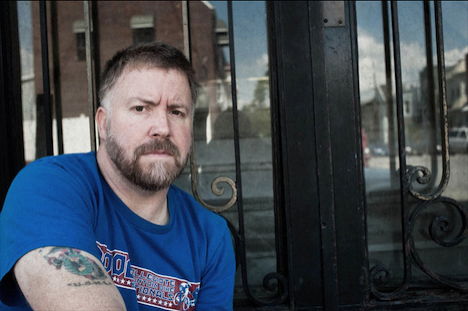
1962 – Justin Crockett Elzie was a U.S. Marine born on this date, who served around the globe. In 1993, he came out on the ABC Evening News shortly before “Don’t Ask, Don’t Tell” was enacted. In so doing, he became the first Marine discharged under that law. As the first Marine to be discharged under the President Clinton-era military’s “Don’t Ask, Don’t Tell” policy, Elzie became something of an accidental activist: an openly gay, model soldier who wanted to stay in the Marines and was willing to fight for his cause. He locked himself to the White House fence in protest and he continued to fight for the right for gays to serve openly.Elzie challenged his discharge with a Federal lawsuit, and was re-instated. He wound up serving four more years as an openly gay Marine before retiring in 1997. His book, "Playing by the Rules," tells his story. He also appears in an indie film Bear City 2: The Proposal. Elzie currently lives in Seattle, Washington and is an astrologer.
Quan was born in Vancouver, British Columbia, Canada. In addition to his writing, Quan is a musician, a reiki practitioner, and a community activist. He was the first ever full-time paid employee of ILGA (Intenational Lesbian and Ggay Association) and has worked as a policy writer and project manager on issues related to the global HIV epidemic. He now works as an editor and copywriter.
1969 – Paulo Szot is a Brazilian operatic baritone singer and actor. He made his opera debut in 1997 and his international career has included performances with the Metropolitan Opera. In 2008, he made his Broadway debut as Emile De Becque in a revival of South Pacific, and for his performance in this musical he won the Tony Award for Best Performance by a Leading Actor in a Musical, the Drama Desk Award, the Outer Critics Circle Award, the Theatre World Award. In 2012 he was nominated for a Laurence Olivier Award for best actor in a musical, and in 2014 was nominated for the MAC Award for best Celebrity Artist becoming the first Brazilian to receive such honors. Szot was born in São Paulo of Polish parents who emigrated to Brazil after World War II. He began his musical training in piano at the age of five and later added violin and classical ballet. However, at age 21, a knee injury cut short any aspirations for a career in dance, causing him, with encouragement from his instructor, to pursue singing instead Szot is openly gay, but came out in a quiet fashion. His sexual orientation was simply added to his Internet biography after an inquiry was made of his management. Szot has been in a long-term relationship, but does not mention his partner’s name. He simply states that his lover is "in the business," and that he is not from the United States. Szot shares a house he built on the edge of the Brazilian rainforest with his partner and 4 Weimaraners.
1970 – James Getzlaff, born in Devils Lake, North Dakota, is an American reality television participant and actor. He is best known as the "leading man" from the 2003 Bravo gay dating series Boy Meets Boy. Before he appeared on Boy Meets Boy, Getzlaff was a benefits administrator for a Los Angeles, California law firm. On the show, Getzlaff, with his best friend Andra Stasko, tried to select from amongst 15 "mates" to find love for James. Unbeknownst to them, several of the "mates" were actually straight. Midway through the series, James and Andra learned of this twist and also learned that if James were to select a gay "mate" the two would win a cash prize and a trip to New Zealand, while if he chose a straight "mate" James would win nothing and the "mate" would win the cash prize. Getzlaff selected gay "mate" Wes Culwell and won the trip and the cash. Getzlaff and Culwell, prevented from being seen alone together in public before the taped show aired, had difficulty maintaining the relationship and split shortly thereafter. They did not travel together to New Zealand. In 2004, Getzlaff appeared in the off-Broadway play My Big Gay Italian Wedding. He also had a starring role in the 2006 gay comedy Another Gay Movie In 2005, Getzlaff appeared in Real Gay, a "reunion show" on Logo, hosted by Kim Coles and featuring dozens of LGBT reality show "alumni" from many reality programs
1973 – John Lapus (aka Sweet) is a Filipino actor, host, film and television director, talent manager, and comedian. Lapus known for his several various roles such as in Shake, Rattle & Roll. Lapus is openly gay. John Lapus is son of showbiz columnist, the late Jojo Lapus (1943–2006). Lapus started his career in 1993 and worked as a researcher of ABS-CBN's Showbiz Lingo. He is also an alumnus of University of Santo Tomas, where he was an active member of Teatro Tomasino. He appeared in numerous ABS-CBN shows and often moonlighted as Creative Consultant for the network's film arm, Star Cinema. His nickname "Sweet" was named after his character in a sitcom Arriba, Arriba!.
1986 – Cameron Marshall is the stage name of an American adult film actor. He went to college in Lubbock, Texas, majored in advertising and graphic design. Marshall gave his first adult film performance in the movie Little Big League 3: Bottom of the Ninth, after which he signed a contract as an exclusive for the gay pornographic studio Channel 1 Releasing. Since then, all his performances have been in movies for them. In the 2008 bisexual film Shifting Gears, Marshall had sex with a woman. When the official press release was made public, the film sparked controversy because the term "Straight-for-pay" (a play on the expression "Gay-for-pay") was coined to reference both Marshall and Blake Riley in heterosexual scenarios. 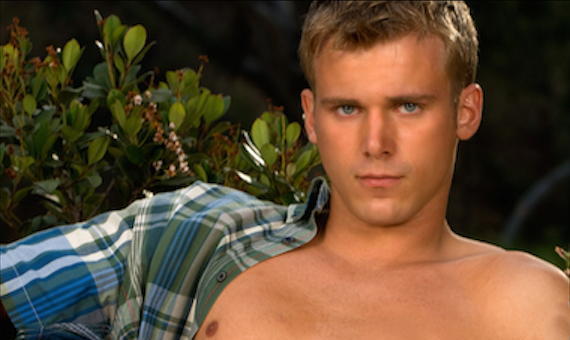 Click for Full Monty Marshall was raised Baptist, but no longer follows the religion. In an interview with Pride Source, after being asked if he has had sex with a woman prior to appearing in the "straight-for-pay" film "Shifting Gears", Marshall stated that he had because he dated women until he was 20 years old. Despite having had girlfriends in the past, he now only dates men. Although Marshall had his first sexual experience with a woman and says that dating women was "fun", he now considers himself to be gay. Marshall is included in Channel 1 Releasing’s Rascal Toy Line among the actors in its porn star dildo collection.
|
